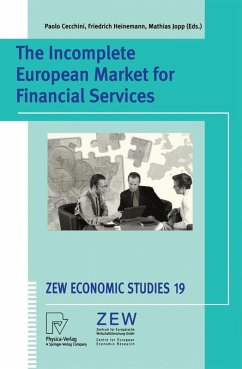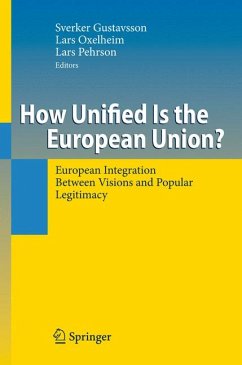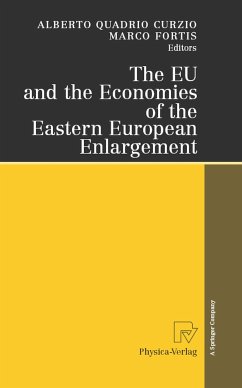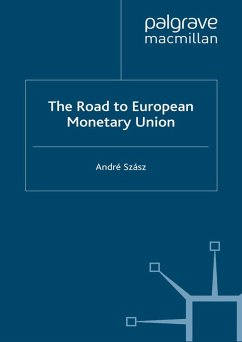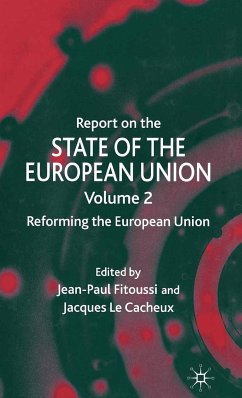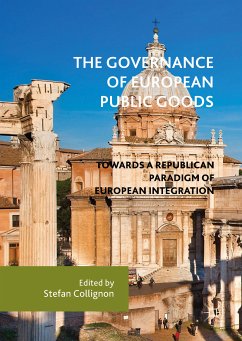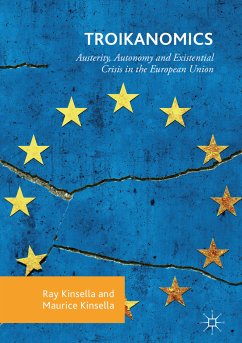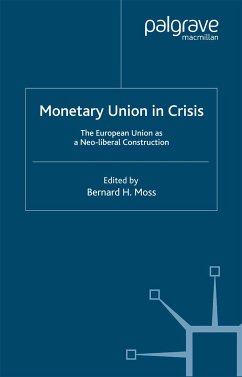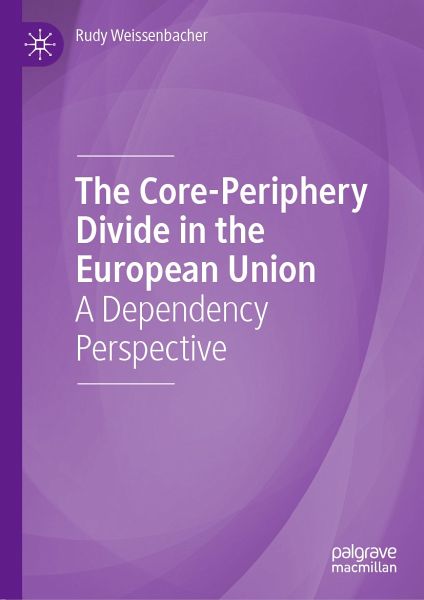
The Core-Periphery Divide in the European Union (eBook, PDF)
A Dependency Perspective
Versandkostenfrei!
Sofort per Download lieferbar
80,95 €
inkl. MwSt.
Weitere Ausgaben:

PAYBACK Punkte
40 °P sammeln!
This book revisits the forgotten history of the 'European Dependency School' in the 1970s and 1980s, explores core-periphery relations in the European integration process and the crises of the contemporary European Union from a dependency perspective, and draws lessons for alternative development paths. Was disintegration of the European Union foretold? With the benefit of hindsight, the critical analysis of the European integration process by researchers from the 'European Dependency School' is most timely. The current framework of the European Union seems to be haunted by issues that had bee...
This book revisits the forgotten history of the 'European Dependency School' in the 1970s and 1980s, explores core-periphery relations in the European integration process and the crises of the contemporary European Union from a dependency perspective, and draws lessons for alternative development paths.
Was disintegration of the European Union foretold? With the benefit of hindsight, the critical analysis of the European integration process by researchers from the 'European Dependency School' is most timely. The current framework of the European Union seems to be haunted by issues that had been very familiar to the researchers of the 'European Dependency School', such as a lack of a common and balanced industrial policy. How do the situations compare? What lessons can be learnt for alternative development policies in contemporary Europe?
Weissenbacher tackles these issues, which are of relevanceto all interested in political economy, political science, development studies and regional development.
Dieser Download kann aus rechtlichen Gründen nur mit Rechnungsadresse in A, B, BG, CY, CZ, D, DK, EW, E, FIN, F, GR, HR, H, IRL, I, LT, L, LR, M, NL, PL, P, R, S, SLO, SK ausgeliefert werden.



